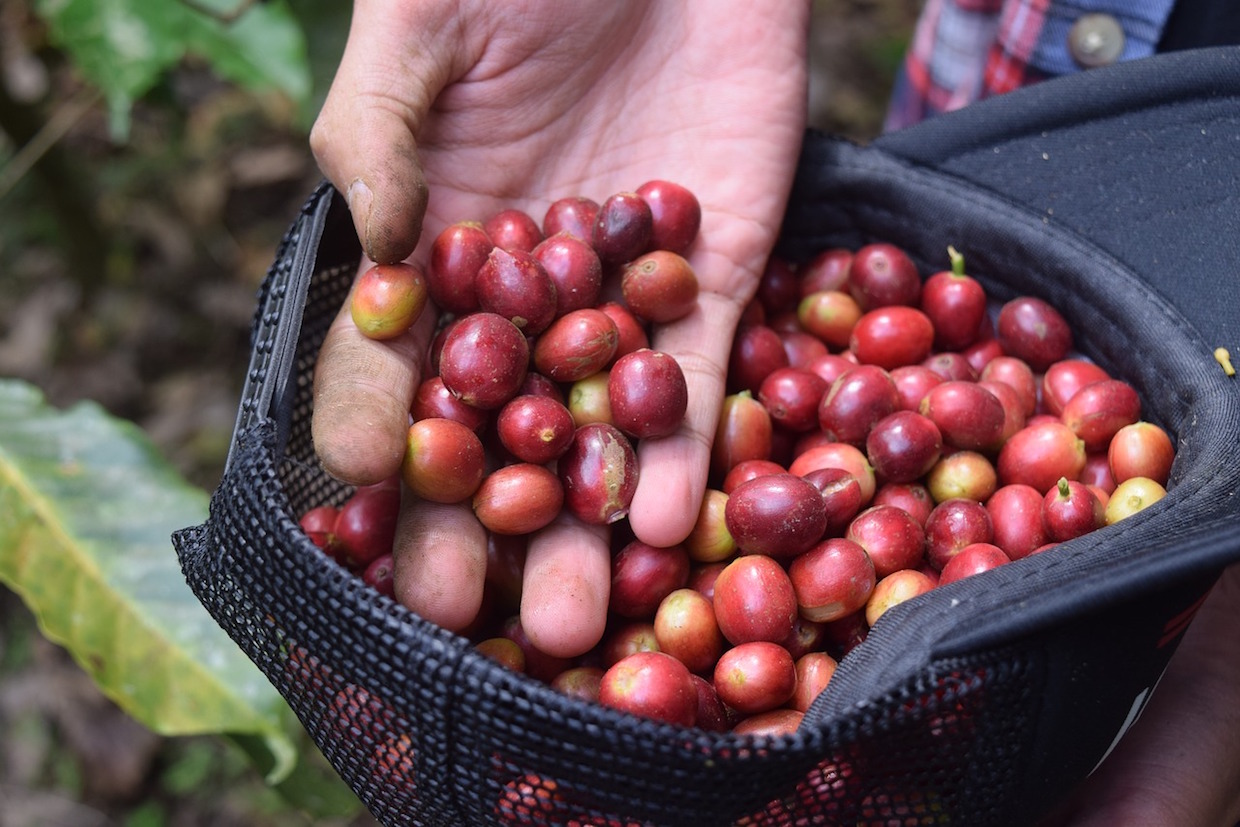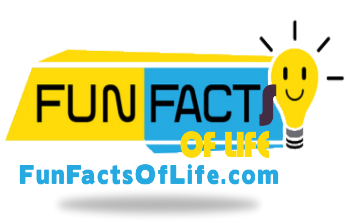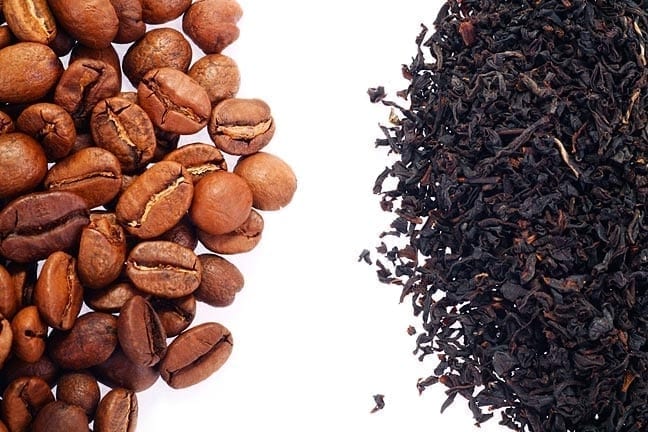If you are currently following a ketogenic diet, also called keto, then you have probably…

Can Smallholder Coffee Farming be Sustainable? German Vineyards Might Have Some Answers
Some people working in the coffee sector have a funny habit. We talk and think about coffee farmers as a monolithic group: How do changing prices affect “farmers?” Will “farmers” be able to change growing practices in response to climate change? Which beans are “farmers” growing and will customers like them?
But, of course, there is no stereotypical farmer. Coffee is grown in 70 different countries by 17 million families, and every single one of them is different. How much does a 5,000-hectare farmer in Brazil really have in common with a 200-tree farmer in Uganda?
I’ve been posting recently about the need to consider different groups of farmers, and specifically about the need to better integrate smallholder farmers into our sustainability strategies. As long as 70 percent of coffee farmers worldwide yield less than four bags, our sustainability strategies must prioritize work with the growers with the most room for improvement.
Is small-scale agriculture even truly viable?
Our sustainability work in coffee starts from the assumption that small-scale can be sustainable, if we could only just change it a bit here and there. If we facilitate market connections, support income diversification, or improve yields, then it will work. If we just make one more change, then we can all sleep well knowing that the future of coffee is secure.
What if, after all the labels, all the trainings, and all the new growing techniques, we realize that there’s just no way for smallholding to provide a decent livelihood for farmers? People in our sector are asking: What if one to two hectares will never yield enough income to make coffee growing profitable for a farmer? It’s a scary question to ask, because it prompts so many more:
- If smallholding cannot be viable in the long-term, don’t we as an industry have an obligation to help farmers consolidate?
- Counterintuitively, might we need to support farmers in transitioning out of coffee in order to protect the future of coffee? Would this be seen as a self-serving attempt to simplify our supply chains and reduce costs at the expense of farmers’ independence?
- Will consolidation leave only highly efficient and profitable producers in Brazil and Vietnam, and lead to the death of a variety of cup profiles we all love so much?
- Considering the research showing that most successful coffee farmers are growing multiple crops, should we be pushing crop diversification? Would we face pressure from within the industry if we did?
- By working with smallholders to help them make their current operations financially viable, are we simply prolonging a model that will never work? Are we romanticizing small-scale operations and trapping farmers in a cycle of poverty?
What does German wine have to do with it?
I don’t have the answers to these questions, but I have a sneaking suspicion that German viticulturalists (“wine farmers”) have a few clues for us. Because I want to believe we can make small-scale farming work, I was searching for examples and found some reason for hope. Believe it or not, in 1999, there were close to 70,000 wine smallholders with an average of 1.5 hectares producing a high-quality product in Southern Germany and selling it to highly efficient cooperatives, and that number is growing. Sounds a bit like coffee today, no?
The secret to their success seems to be a meaningful understanding of their own region and how best to utilize its unique features, a relentless focus on quality, and an understanding that wine has cultural and historical importance that motivates a deep love among customers. These farmers do not depend on wine for a living; they have diverse sources of income, but wine is their passion. I’m still trying to figure out what specifically we in coffee can learn from German wine growers and the rise of the community supported agriculture (CSA) movement, but the very existence of a thriving group of small farmers gives me hope. Maybe there is future in specialized coffee farming that could allow not only a source of income, but also a source for empowerment and independence.
Still, I’m cautious. We need to separate ideas that we want to be true from the cold, hard facts on the ground. Today, the majority of smallholder coffee farmers do not make enough to survive without the involvement of external sustainability programs. Until they do, our job will not be done. This is exactly why we need to stop scaling up before we understand the efficacy of a project, and why we need to be more honest about projects that don’t work. Ultimately, it doesn’t matter what we think, or what we want to believe. What matters is what the research and projections tell us, and what the farmers think.
Let me know: What else do we need to question?
Jan von Enden
Jan von Enden is General Manager of the Hanns R. Neumann Stiftung North America Inc., a 501(c)3 public charity foundation, based in New York. Jan holds an MSc in Agriculture, Environment and Development from University of East Anglia, UK. He has been spending most of his career in coffee producing countries, such as Peru, Vietnam, Costa Rica, Papua New Guinea and others.







